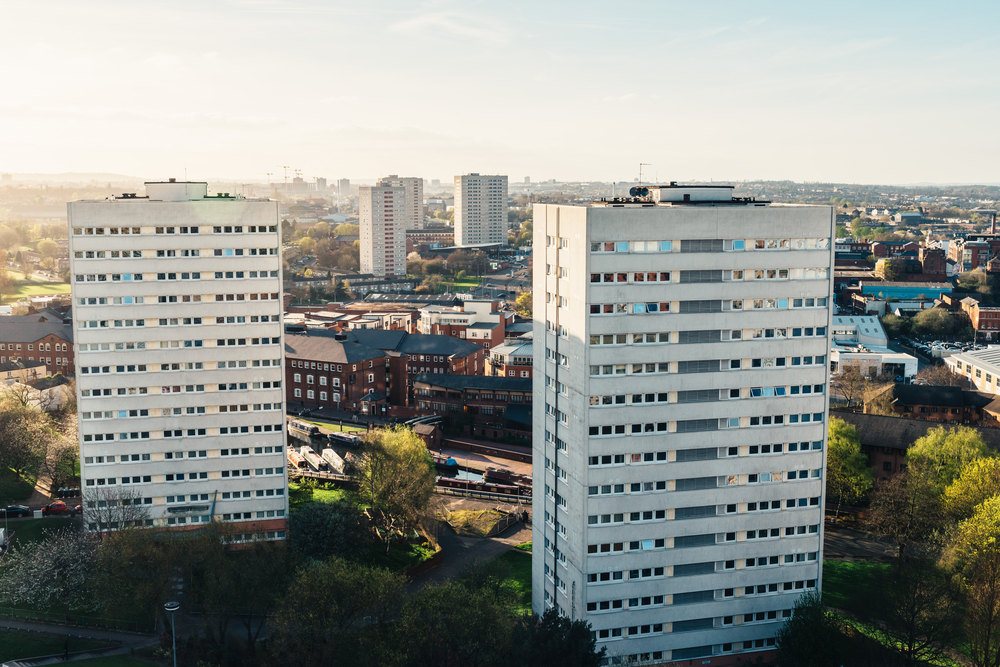This slowing growth was despite strong competition for rental properties, with an average of 15 people per available rental property, according to the Zoopla rental market report.
This was more than double the average of six people chasing each rental property before the pandemic.
Zoopla said rental demand had softened over the last year and supply had risen by nearly a fifth. However, there are still a third fewer rental homes available than during the pre-pandemic years.
Rental price slowdown led by London
London had the lowest annual growth in average rents with just a 3.7% rate, compared to an annual rise of 13% this time last year.
Adam Jennings, head of lettings at Chestertons, said: “London is home to one of the world’s most competitive rental markets, but the recent increase in the number of available properties has created a slightly better environment for tenants wanting to move.

Wellness and wellbeing holidays: Travel insurance is essential for your peace of mind
Out of the pandemic lockdowns, there’s a greater emphasis on wellbeing and wellness, with
Sponsored by Post Office
“We have seen a momentary slowdown of rent increases but are expecting more tenants to start their search over the summer months. It is therefore only a matter of time before demand levels outgrow supply to a degree that triggers rents to go up again.”
The largest increases in rents were seen in the North East at 9.5% and Scotland at 9.3%.
In Q2, rental price declines were recorded across a number of cities, such as Nottingham, where there was a 1.4% drop, and Brighton, where average rental prices fell by 1.1%.
This was followed by York and Glasgow, which both recorded quarterly decreases of 0.4%, and Cambridge and London, where rental prices fell by 0.3% apiece.
Zoopla said the falls were modest in comparison to the recent rapid increases, but still showed that the rental market was starting to change in some local markets.
Richard Donnell, executive director at Zoopla, said: “The increase in the cost of renting has slowed to a 30-month low. Rents continue to grow faster than average earnings, although the gap is much narrower than a year ago.
“Rental demand continues to run well ahead of available supply, which is keeping the upward pressure on rents, but there are some areas where rental growth has stalled.”
Rents rising in most affordable regions
Renters in London were spending the highest proportion of their gross earnings on rent, at 41%, according to Zoopla’s report.
This was significantly higher than the earnings-to-rent ratio of 21% found in Scotland.
The firm said this explained why rental prices were rising the fastest in regions and nations like the North East and Scotland, as this was where the lowest proportion of gross earnings were spent on rental costs.
Unaffordability in London was also attributed to the city’s dampened rental growth.
Zoopla said rental unaffordability was also driven by a lack of rental supply, which has remained broadly flat since 2016 at around 5.4 million properties. The firm said this was not necessarily because of a landlord exodus, but likely due to a lack of investment in the sector.
Zoopla said its data also suggested there was a “steady flow” of previously rented homes being listed for sale, with around 31,000 each quarter coming to market.
Looking ahead, Zoopla said the market was on track of a slowdown in rental growth to 5% this year, driven by changes in demand and affordability rather than a boost in supply.
Donnell added: “The number of private rented homes has been static since 2016, which has compounded the rise in rents over the last three years. Growing the supply of rented homes, both private and affordable, should be among the top housing priorities for the next government.
“A healthy private rented sector is vital for economic growth and a more balanced housing market. More supply is the fastest route to easing the pressure on renters and improving the overall quality of rented homes.”
Nathan Emerson, CEO of Propertymark, added: “Our member agents have told us for years of the growing disparity in the number of private rented homes on the market in comparison to the rising demand from tenants.
“As legal and financial obligations increase for landlords, it’s no surprise that many are turning elsewhere to invest their money. A priority for the new UK government should be to support and incentivise landlords to invest, not to deter or penalise them like we’ve continued to see in the past.
“We want to get rent levels back down to sensible and affordable levels for the nation, and without a boost in supply, this is unlikely to happen.”
Related: ‘Rental hell’ as tenants pay 8.9% more in the year to April




